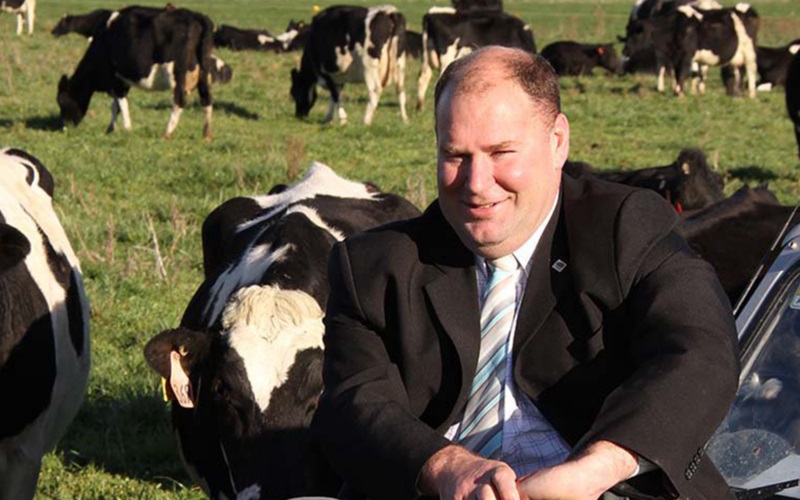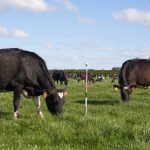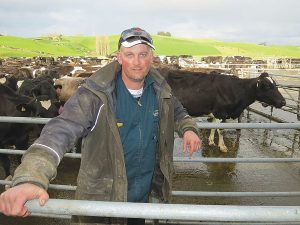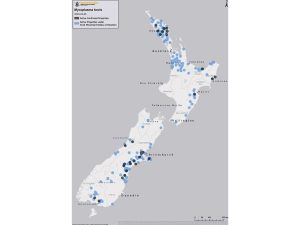
Hoggard says ‘big step forward’ will ensure OSPRI has the right tools.
Control of Mycoplasma bovis will come under a national pest management plan from the end of this year.
Biosecurity Minister Andrew Hoggard said a plan proposed by DairyNZ, Beef + Lamb NZ and the Ministry for Primary Industries (MPI), has been approved by the coalition government.
It follows the shifting of accountability for M bovis from MPI to OSPRI, which works with the farming industry to manage animal disease and provides the National Animal Identification Tracing system.
“The move will help take advantage of efficiencies and protect our investment in eradication made to date,” Hoggard said.
Eradication was estimated in 2018 to cost $870 million and Hoggard said a fit-for-purpose M bovis plan is needed to protect those gains and to respect the sacrifices made so far.
“At present we have no infected farms, and we are focused on the national surveillance of cattle,” he said.
“There’s more to do before we reach the end of this journey, and it is possible we will find more infection before we get there, but the move to a national pest management plan is another big step forward.
“The plan will ensure that OSPRI has the tools needed to continue to build on the success achieved.”
Data on the cost and extent of infection provided by the minister reveals 282 cleared confirmed properties, eight farms that are under notice of direction, 25 that are under active surveillance, $286.1m in compensation paid and 2961 claims processed.
You can now read the most important #news on #eDairyNews #Whatsapp channels!!!
🇺🇸 eDairy News INGLÊS: https://whatsapp.com/channel/0029VaKsjzGDTkJyIN6hcP1K























